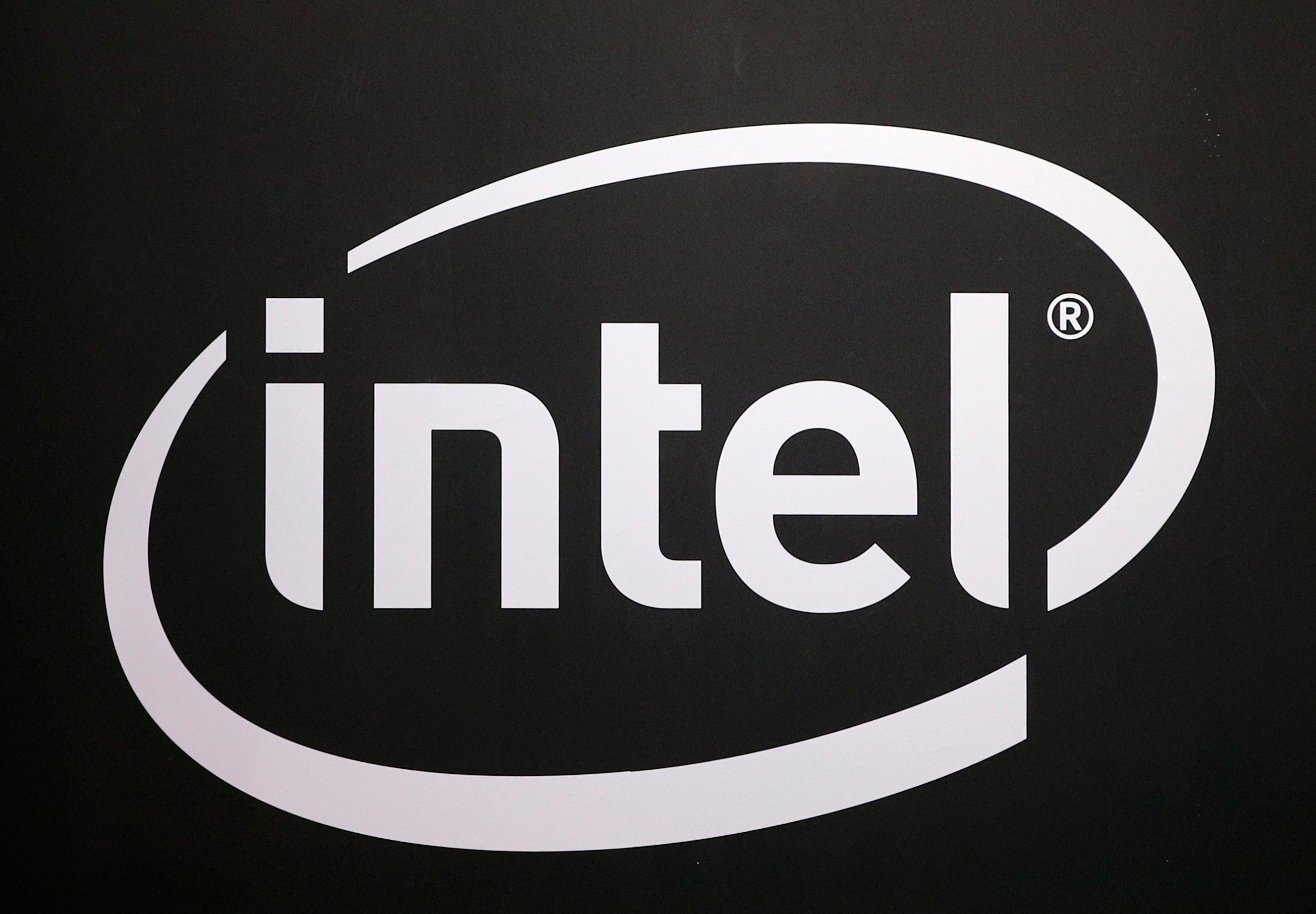Commerce Department to reduce Intel's funding on semiconductors
The Biden administration plans on reducing part of Intel’s $8.5 billion in federal funding for computer chip plants around the country, according to three people familiar with the grant who spoke on the condition of anonymity to discuss private conversations

Your support helps us to tell the story
From reproductive rights to climate change to Big Tech, The Independent is on the ground when the story is developing. Whether it's investigating the financials of Elon Musk's pro-Trump PAC or producing our latest documentary, 'The A Word', which shines a light on the American women fighting for reproductive rights, we know how important it is to parse out the facts from the messaging.
At such a critical moment in US history, we need reporters on the ground. Your donation allows us to keep sending journalists to speak to both sides of the story.
The Independent is trusted by Americans across the entire political spectrum. And unlike many other quality news outlets, we choose not to lock Americans out of our reporting and analysis with paywalls. We believe quality journalism should be available to everyone, paid for by those who can afford it.
Your support makes all the difference.The Biden administration plans on reducing part of Intel's $8.5 billion in federal funding for computer chip plants around the country, according to three people familiar with the grant who spoke on the condition of anonymity to discuss private conversations.
The reduction is largely a byproduct of the $3 billion that Intel is also receiving to provide computer chips to the military. President Joe Biden announced the agreement to provide Intel with up to $8.5 billion in direct funding and $11 billion in loans in March.
The changes to Intel’s funding are not related to the company’s financial record or milestones, the people familiar with the grant told The Associated Press. In August, the chipmaker announced that it would cut 15% of its workforce — about 15,000 jobs — in an attempt to turn its business around to compete with more successful rivals like Nvidia and AMD.
Unlike some of its rivals, Intel manufactures chips in addition to designing them.
Two years ago, President Biden hailed Intel as a job creator with its plans to open a new plant near Columbus, Ohio. The president praised the company for plans to “build a workforce of the future” for the $20 billion project, which he said would generate 7,000 construction jobs and 3,000 full-time jobs set to pay an average of $135,000 a year.
The California-based tech giant's funding is tied to a sweeping 2022 law that President Biden has celebrated and which is designed to revive U.S. semiconductor manufacturing. Known as the CHIPS and Science Act, the $280 billion package is aimed at sharpening the U.S. edge in military technology and manufacturing while minimizing the kinds of supply disruptions that occurred in 2021, after the start of the coronavirus pandemic, when a shortage of chips stalled factory assembly lines and fueled inflation.
The Biden administration helped shepherd the legislation following pandemic-era concerns that the loss of access to chips made in Asia could plunge the U.S. economy into recession. When pushing for the investment, lawmakers expressed concern about efforts by China to control Taiwan, which accounts for more than 90% of advanced computer chip production.
In August, the administration pledged to provide up to $6.6 billion so that a Taiwanese semiconductor giant could expand the facilities it is already building in Arizona and better ensure that the most advanced microchips are produced domestically for the first time. The Commerce Department said the funding for Taiwan Semiconductor Manufacturing Co. meant the company could expand on its existing plans for two facilities in Phoenix and add a third, newly announced production hub.
The administration has promised tens of billions of dollars to support construction of U.S. chip foundries and reduce reliance on Asian suppliers, which Washington sees as a security weakness.
_____
Boak reported from Washington.